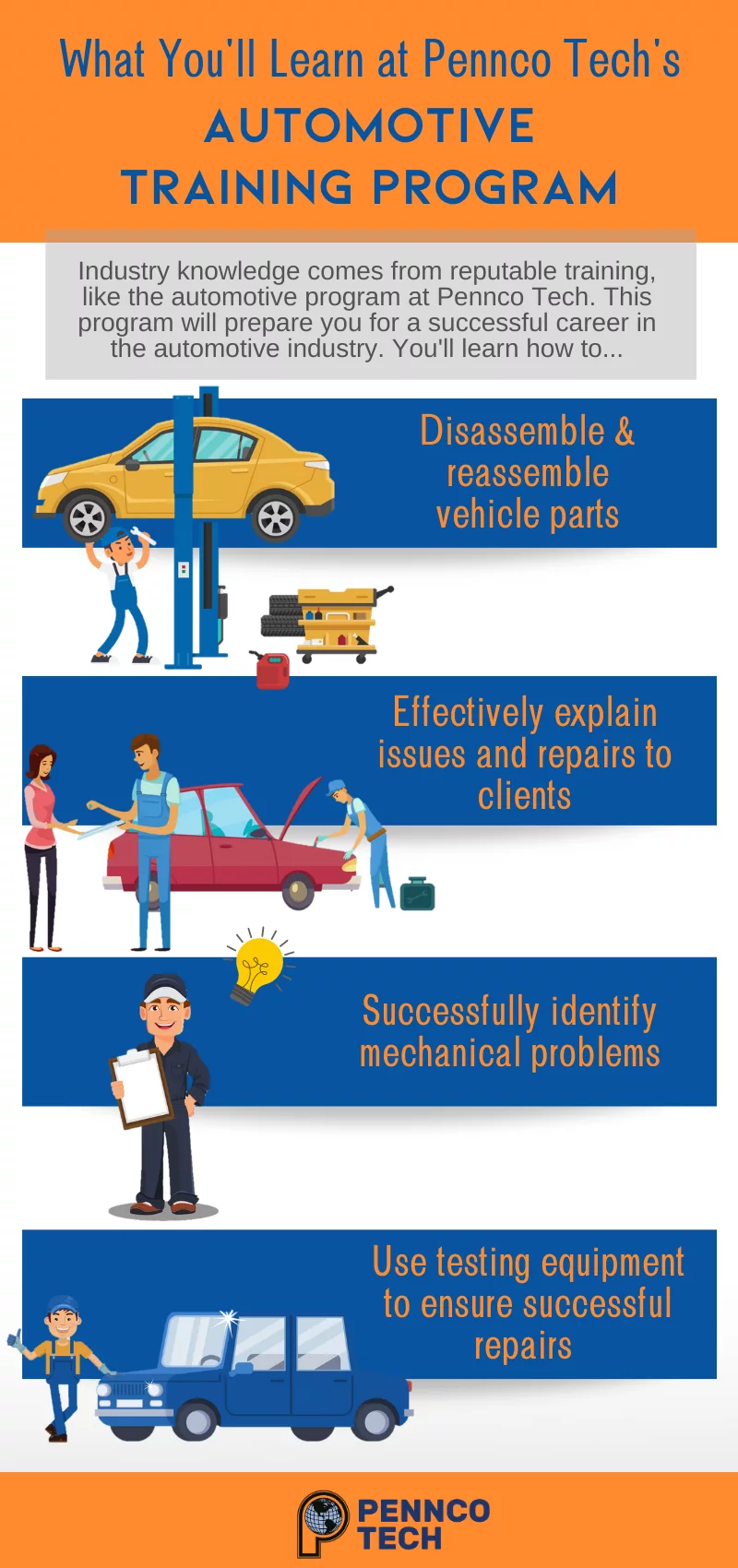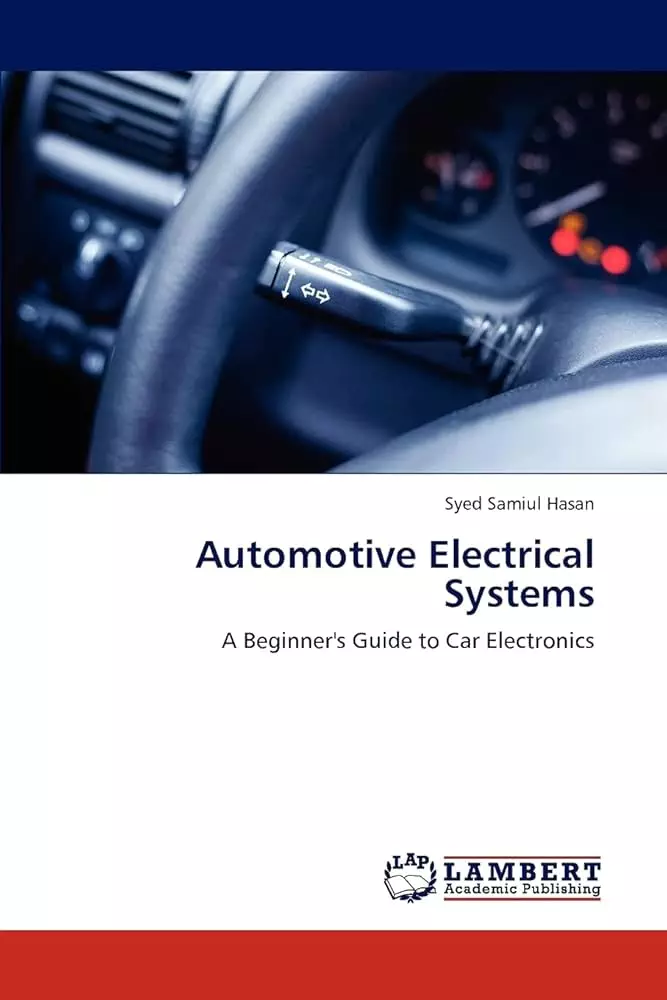
How to Solve Your Worries About Understanding the Cost of Replacing a Catalytic Converter
Ever wondered why replacing a catalytic converter can leave a dent in your wallet? Understanding the cost of this specific car repair is crucial for you to feel more at ease with your vehicle expenses. This repair often carries a hefty price tag, not just from the part itself but also due to mechanic labor rates and the complexity of the emissions system repair.
Think of your catalytic converter as a guardian for your car’s health, ensuring harmful emissions don’t pollute the air. Yet, when it fails, it impacts your engine performance and vehicle maintenance expenses. By gaining insights into auto parts pricing and how repair shop estimates work, you can take control of these costs and be better prepared for future exhaust system repairs.
Ready to tackle your worries about car repair costs head-on? Keep reading to discover practical tips and insights that will make decoding these expenses simpler than ever.
In the article
Understanding the Cost of Replacing a Catalytic Converter
If you’re looking to understand the cost of replacing a catalytic converter, there are several key factors you should keep in mind. These factors can greatly affect how much you end up spending. By knowing what these are, you can better prepare for the expenses involved and make informed decisions. Remember, a catalytic converter is an essential component in your car’s exhaust system. It helps reduce harmful emissions and keeps your vehicle running smoothly.
Factors Affecting Car Repair Costs
Firstly, labor rates are a significant factor that can influence car repair costs, and they can vary a lot depending on where you live. In some areas, mechanics charge more due to higher living costs. It’s important to know that these rates can make a big difference in the total cost of your repair. Mechanic labor rates play a crucial role in your final bill.
Secondly, the pricing of materials used in repairs greatly impacts the overall cost. For example, the type and quality of the catalytic converter you choose will affect the price. Sometimes, using OEM (Original Equipment Manufacturer) parts can be more expensive but may be more reliable. Choosing high-quality materials might save you from future repairs.
Typical Auto Parts Pricing
Another important aspect is understanding typical auto parts pricing. Did you know that parts prices differ by vehicle model? This means that the catalytic converter price for one model might not be the same for another. This is why getting an accurate part that fits your car is necessary.
Engine components cost can also vary greatly. Some engines require more expensive parts, so it’s wise to check the cost of these parts in advance. Engine component cost varies significantly and can change what you pay at the end.
Another part to consider is the exhaust system. The price of exhaust system repairs can affect your total expenses. Since the catalytic converter is part of this system, understanding its cost helps you prepare for your total repair bill. It’s always a good idea to plan for these expenses ahead of time.
Role of Mechanic Labor Rates
Labor is often a significant part of your repair expenses. Mechanics usually charge for their time, either by the hour or per task. This means that if a task takes longer than expected, your costs could increase. It’s helpful to ask for an estimated time for the repair so you can budget accordingly.
The costs for labor can also change with demand. In busy seasons, you might find that rates are higher due to more people needing repairs. Understanding this can help you find a better time to get your car fixed when labor costs might be lower.
Evaluating Repair Shop Estimates
Diagnosing Car Issues Correctly
When you’re evaluating repair shop estimates, ensuring the mechanic correctly diagnoses your car’s issues is crucial. A misdiagnosis can lead to unnecessary repairs and higher costs. Therefore, requesting clarity on the problem before any work is done is a wise move. Diagnosing car issues accurately prevents unnecessary spending.
Understanding Emissions System Repair
The emissions system in your vehicle is vital for environmental compliance. Catalytic converter repairs are often required to meet emissions standards. This component affects the overall control of emissions, so staying on top of repairs ensures your vehicle remains compliant. Emissions system repairs are often necessary for keeping your car legal.
Tracking Vehicle Maintenance Expenses
Regular maintenance can prevent costly repairs in the future. By keeping track of your maintenance expenses, you can better plan for repairs and catch problems early. Tracking also allows you to budget more effectively and save money.
Making a habit of noting your expenses can result in long-term savings. You’ll find it easier to plan for unexpected repair needs and maintain your vehicle in top condition. Over time, this will reduce your vehicle maintenance expenses.
Getting Fair Repair Shop Estimates
When looking for fair repair shop estimates, comparing quotes from multiple places is beneficial. Each shop might have different approaches and prices, so checking around is worthwhile. Asking detailed questions helps you understand what each estimate includes.
Negotiating prices is sometimes possible. If you have competing quotes, share these with the shops to see if they can offer a better deal. Remember, transparency and communication can often lead to a more favorable outcome. Negotiating for better repair costs can save you hundreds.
Preparing for Engine Component Costs
Engine parts can be quite expensive to replace. When preparing for these costs, you should consider the quality and durability of the parts. Sometimes spending a bit more on a better quality part can save you money in the long run.
Sourcing parts wisely can help you save. Look for reputable sellers and consider buying parts that come with a warranty. It’s also a good idea to plan for unexpected repair needs, keeping some funds set aside for this purpose. Planning for unexpected repair needs helps avoid stressful situations.
- Check warranty options.
- Use trusted repair shops.
- Research parts before purchase.
Keep track of costs to manage your budget better. This will enable you to handle vehicle expenses without stress.
Managing Overall Repair Strategies
Effective Budget Planning
Effective budget planning involves knowing the costs associated with vehicle repairs. By understanding these costs, you can allocate funds appropriately and avoid financial surprises. It means setting aside money regularly for maintenance and repairs. This way, when a repair is needed, you won’t have to scramble to find the funds. It’s beneficial to adjust your budget as your vehicle ages, anticipating higher costs down the line.
In addition to planning, consider getting your vehicle checked regularly to prevent major issues. Scheduled inspections can catch problems early, often resulting in cheaper fixes. Regular checks also help prolong your car’s lifespan, maximizing your investment.
Finally, maintaining a good relationship with a trusted mechanic can also be invaluable. They can offer advice on how to keep your car running smoothly and may even offer discounts to regular customers. Building trust with your mechanic can lead to better service and valuable insights.
Get Ready to Tackle Repairs with Confidence
Understanding the expenses linked to changing important car parts, like a catalytic converter, empowers you. You gain insights into labor rates, parts pricing, and overall repair costs. This knowledge lets you make informed decisions about your vehicle maintenance and ensures you’re not caught off guard by unexpected expenses.
Your first step is research. Check online or contact repair shops to get estimates for catalytic converter replacement. This gives you a clear idea of what you might spend. You also need to compare mechanic labor rates and part prices to find the best deal. Don’t hesitate to ask questions. Knowing what you’re getting into is crucial.
Now, take action. Gather the information you need and make a plan to protect your vehicle. Whether it’s replacing parts now or budgeting for future repairs, you have the tools to take charge. Start today, and drive with peace of mind.





